Sleep is as essential to our health as food, water, and air. Yet millions of people around the world silently suffer from insomnia, sleeplessness, or chronic lack of sleep. Whether it’s trouble falling asleep, waking up too early, or tossing and turning all night, sleep problems are common in today’s busy world. In this blog, we’ll look at what Insomnia is, what causes it, and simple ways to improve your sleep and well-being.
What Is Insomnia?
Insomnia is a common sleep problem where someone has trouble falling asleep, staying asleep, or wakes up too early and can’t fall back asleep. This condition can be short-term (acute), lasting a few days or weeks, or long-term (chronic), lasting for months or even years.
Insomnia is more than just the occasional sleepless night. It affects your energy levels, mood, performance at work or school, and overall quality of life. Chronic insomnia can also lead to more serious health issues if not addressed.
Common Causes of Insomnia and Sleeplessness
Understanding what causes insomnia can help you find the right solution. Here are some of the most common triggers:
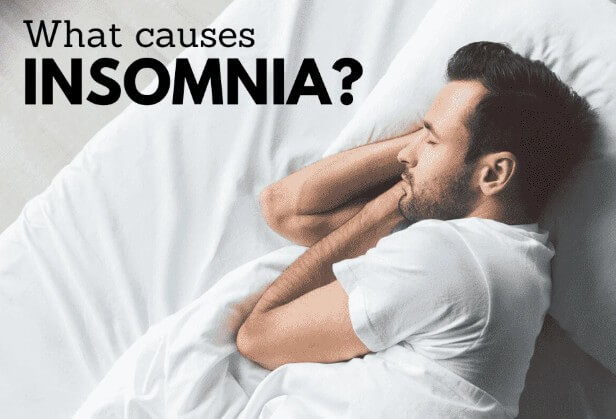
Stress and Anxiety:
Stress and anxiety are normal reactions to difficult situations, but if they last too long or happen too often, they can hurt your mental and physical health. Stress often comes from work, school, or personal problems, while anxiety comes from worrying about the future. Both can cause restlessness, trouble focusing, irritability, and physical problems like headaches or a fast heartbeat.
It’s normal to feel stress and anxiety sometimes, but if they happen a lot, you may need to change your lifestyle, get therapy, or see a doctor. Using methods like mindfulness, exercise, and healthy habits can help you manage stress and stay balanced every day.
Depression:
Depression is a serious mental health condition that affects how a person feels, thinks, and behaves. It goes beyond occasional sadness or low mood, lasting for weeks or even months, and can interfere with daily life. People with depression may feel sad all the time, stop enjoying things, feel tired, have changes in appetite or sleep, and have trouble focusing. In severe cases, it can lead to thoughts of self-harm or suicide. Depression can affect anyone, no matter their age or background. It’s often caused by a mix of genetic, biological, environmental, and psychological factors.
With the right treatment, like therapy, medicine, or changes to daily habits, many people can manage their symptoms and feel better.
Poor Sleep Habits: Poor sleep habits are when you don’t get enough sleep or have irregular sleep patterns that hurt your health and daily life. This can include staying up too late, using devices before bed, drinking caffeine too late, or not sticking to a regular sleep schedule.
Poor sleep can make you tired, make it hard to focus, weaken your immune system, cause mood changes, and increase the risk of diseases like heart disease and obesity.
Medical Conditions: Medical conditions are illnesses or health problems that affect how the body or mind works. They can be short-term, like infections or injuries, or long-term, like diabetes, asthma, heart disease, or mental health issues. Some are brought on by lifestyle, the environment, or illnesses; others are inherited from family.
Living with a medical condition can affect daily life, emotions, and overall well-being. Early diagnosis, proper treatment, and regular check-ups are important for managing symptoms, preventing problems, and staying healthy over time. Support and awareness also help people cope with the challenges of different medical conditions.
Medications: Medications are substances used to treat or prevent health problems. They can be in the form of tablets, capsules, liquids, injections, or creams, and are either prescribed by a doctor or bought over the counter. If you want to avoid side effects, drug conflicts, or becoming addicted to medicines, make sure you use them the right way.
Antibiotics for infections are used for a short time, but insulin for diabetes or antidepressants for mental health are used for a long time. Always follow the dosage instructions and ask a doctor or pharmacist if you have any questions. Using medications responsibly helps keep you healthy.
Caffeine, Nicotine, and Alcohol: Caffeine, nicotine, and alcohol are common things that affect your body and mind. Caffeine, found in coffee, tea, and energy drinks, can help you stay awake but may cause trouble sleeping, anxiety, or a fast heartbeat if you have too much. Nicotine, found in tobacco, is addictive and can cause serious health problems like heart disease, lung issues, and cancer.
Alcohol can relax you in small amounts, but it can affect your judgment, coordination, and reaction time. Drinking too much can harm your liver, cause addiction, and lead to mental health issues. Even though alcohol is legal and used by many, drinking too much can hurt your body and mind. It’s important to drink in moderation and know how it affects you.
Hormonal Changes: Hormonal changes are natural shifts in the body that affect both your physical and emotional health. They often happen during puberty, periods, pregnancy, and menopause, but can also be caused by health problems or stress. Hormones regulate many essential functions, including mood, energy levels, appetite, and sleep.
When hormone levels change, people might feel irritable, tired, gain or lose weight, or have mood swings. Sometimes, hormone imbalances can cause more serious problems like PCOS or thyroid issues. Knowing how to manage these changes with a doctor’s help, healthy habits, and stress control can keep you feeling good and healthy.
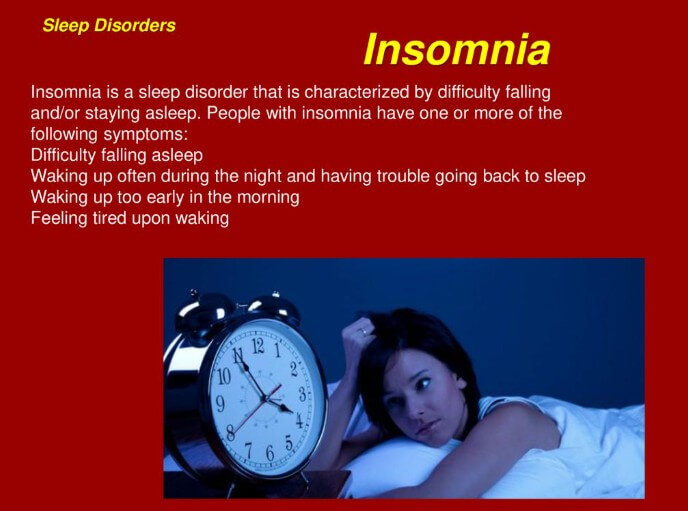
Types of Insomnia
1. Acute Insomnia: This short-term insomnia is usually caused by stress or a traumatic event and often resolves on its own.
2. Chronic Insomnia: This is a long-term sleep disorder that occurs at least three times a week for three months or more.
3. Onset Insomnia: Difficulty falling asleep at the beginning of the night.
4. Maintenance Insomnia: Difficulty staying asleep or waking up too early.
Signs and Symptoms of Insomnia
· Difficulty falling asleep
· Waking up during the night
· Waking up too early
· Daytime fatigue or sleepiness
· Irritability or mood changes
· Difficulty concentrating or remembering things
· Increased errors or accidents
· Worrying about sleep

The Impact of Lack of Sleep on Health
Not getting enough sleep doesn’t just leave you feeling tired—it can have serious effects on your physical and mental health:
· Weakened Immune System: You’re more likely to catch colds and other illnesses.
· Weight Gain: Sleep affects hormones that control hunger. Lack of sleep can lead to overeating.
· Heart Problems: Not getting enough sleep regularly can increase the risk of heart disease, high blood pressure, and stroke.
· Mental Health Issues: Anxiety, depression, and irritability are all linked to poor sleep.
· Reduced Productivity and Focus: Sleep is crucial for concentration, decision-making, and memory.
Tips to Improve Sleep Naturally
Improving your sleep habits, also known as “sleep hygiene,” can make a big difference:
1. Stick to a Schedule: Go to bed and wake up at the same time every day, even on weekends.
2. Create a Relaxing Bedtime Routine: Try reading, taking a warm bath, or practicing deep breathing before bed.
3. Limit Screen Time Before Bed: Avoid TVs, smartphones, and computers at least an hour before bedtime.
4. Watch What You Eat and Drink: Avoid heavy meals, caffeine, and alcohol close to bedtime.
5. Make Your Sleep Environment Comfortable: Keep your bedroom cool, quiet, and dark. Consider blackout curtains or white noise machines.
6. Exercise Regularly: Regular physical activity can help you fall asleep faster and enjoy deeper sleep.
7. Limit Naps: Especially in the afternoon, as they can make it harder to fall asleep at night.
When to See a Doctor
If you’ve tried improving your sleep habits and still struggle with insomnia, it may be time to consult a healthcare provider. You could be dealing with an underlying condition that needs treatment. A doctor may suggest:
· Cognitive Behavioral Therapy for Insomnia (CBT-I): A clear, proven way to change how you think and act about sleep.
· Medications: Sleep aids may be prescribed for short-term use, but they are not recommended as a long-term solution.

Natural Remedies for Better Sleep
For those who prefer a natural approach, here are a few remedies that might help:
· Melatonin Supplements: A hormone that helps regulate your sleep-wake cycle.
· Chamomile Tea: Known for its calming effects.
· Lavender Essential Oil: Aromatherapy with lavender can promote relaxation.
· Magnesium: This mineral helps calm the mind and body.
Talk to your doctor before taking any supplements, especially if you’re on other medications.
Final Thoughts: Prioritizing Your Sleep Is Prioritizing Your Health
Insomnia and sleeplessness affect many people, but they don’t have to last forever. Knowing why you’re not sleeping well and making small changes to your daily habits can help you sleep better and feel healthier. Whether you try new routines, natural remedies, or see a doctor, the key is to make sleep a priority. Your mind and body will thank you.
You could read: All you need to Know about Diarrhea: Causes, Treatment, and Prevention in 2025
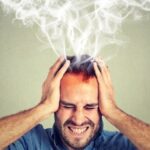






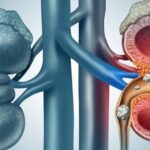



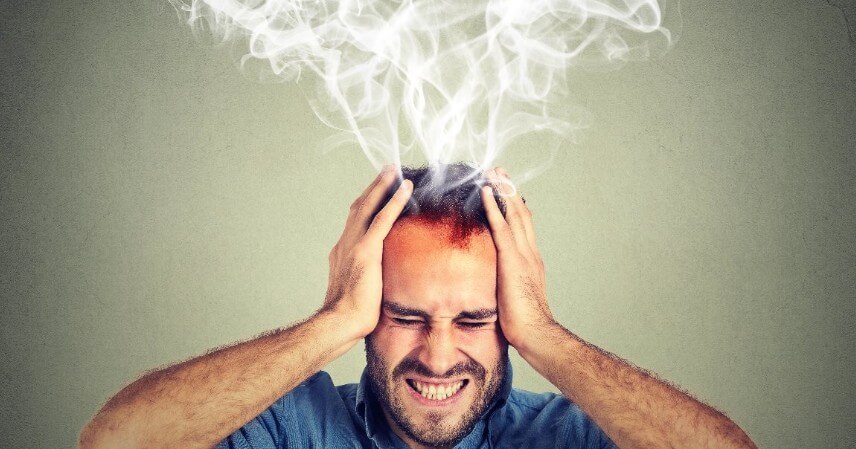
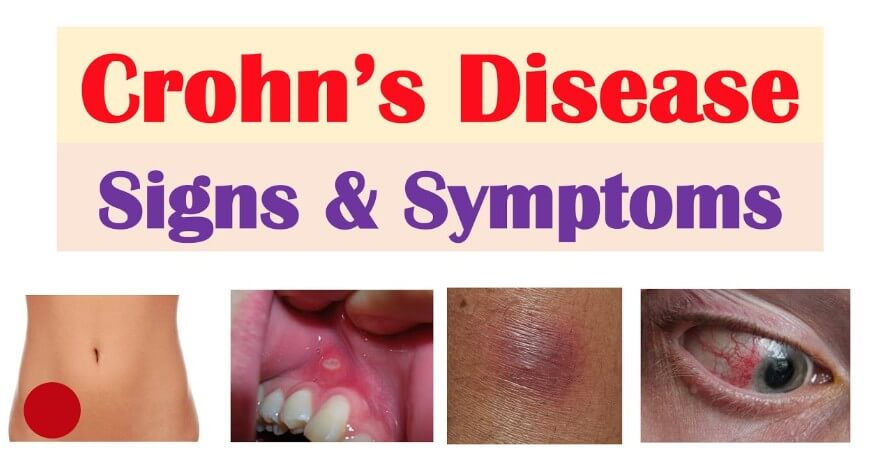
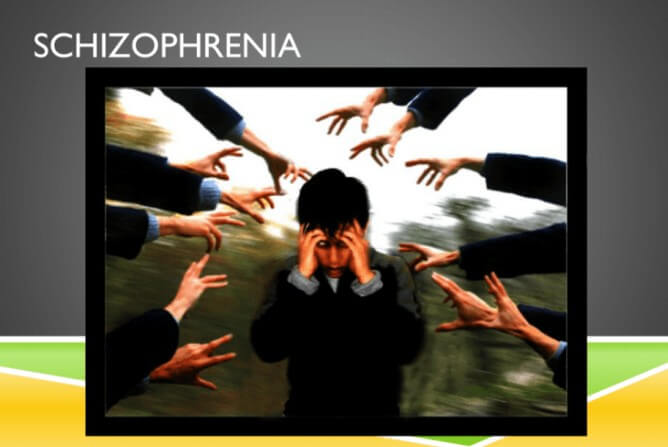

2 thoughts on “Insomnia Explained: Causes, Symptoms, and Effective Solutions for Better Sleep in 2025”